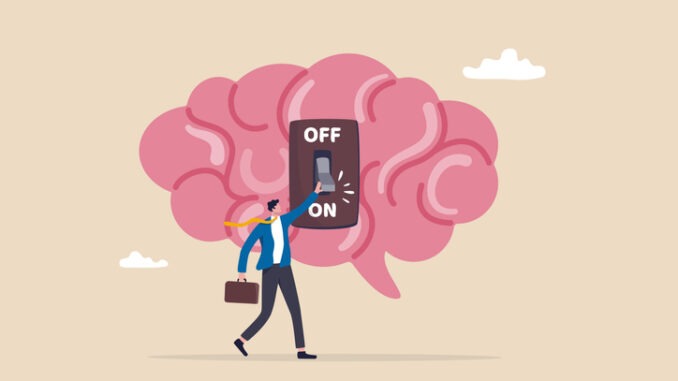Switching off from work after the end of the day is hard, especially in this era of connectivity where mobile phones and laptops are never far from reach. But recently published studies suggest that thinking about work after hours can have a negative impact on your leadership performance
CREDIT: This is an edited version of an article that originally appeared on Harvard Business Review
Many SBLs feel a need to stay constantly connected with work, even after formal working hours. Faced with the demands of leadership and school operations, there’s a common belief that optimal performance requires an around-the-clock commitment.
Research, recently published in the Journal of Applied Psychology, found that not taking a break from work in the evening backfired for leaders, especially for those new to their roles, because it drained their mental resources. Instead, leadership effectiveness was highest on days in which leaders mentally turned off from work the night before and were able to recharge.
The study found that when leaders detached from their work in the evenings, they felt more recharged the next day, which helped them to identify more strongly with their role. On the other hand, when leaders dwelled on work matters during the evening, they reported feeling more fatigued the next morning, impeding their ability to connect with their leadership identity.
These findings hold significant implications not only for the leaders themselves but also for their followers. According to the study, followers rated leaders who detached from their work the night before — and who, therefore, felt more recharged and connected to their leader role in the morning — as more transformational and powerful that day at work.
The study also showed that the negative effects of ruminating after work were particularly pronounced for leaders who were less experienced in their positions. Finding rhythms of rest and recovery after work may be especially beneficial for those who are entering leadership roles for the first time.
The study recommended some actionable steps for leaders:
Explore activities
Whether it is mastering a new hobby, exercising, spending time with loved ones, or simply reading a book to relax, these pursuits serve as effective means to redirect thoughts away from work and foster a healthy work-life balance.
Set boundaries
Leaders often shape communication norms within their teams, and establishing clear boundaries for availability hours can be beneficial in ensuring sufficient daily recovery time after work. Creating guidelines about when work-related interruptions are allowed during non-work hours may be a helpful practice both for leaders, and the individuals a leader supervises.
Be intentional
Leaders should be cognizant of how they spend their non-work time because people need energy to connect with their work roles each day. Ultimately, leaders need to be intentional about managing their energy after hours. Barring emergencies, when at home, they need to disconnect from leadership responsibilities and recharge.
In sum, our work counters the notion that leaders need to stay connected to their work at all hours to perform well in the eyes of their employees. Instead, we find that leaving work behind at the end of the day plays a key role in developing successful leaders.





Be the first to comment